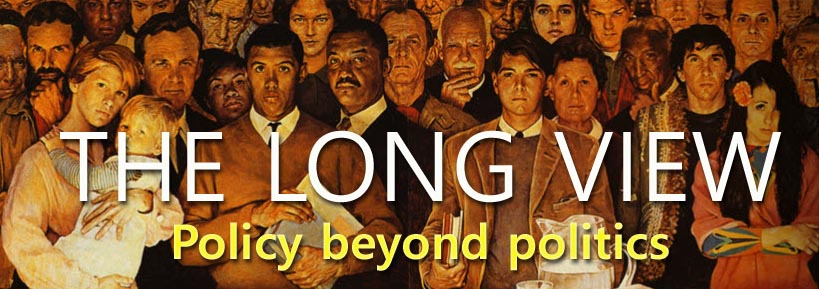Slavery -or human trafficking, as it is called in the 20th and 21st centuries- is a present practice in contemporary Africa, as Nobel Laureate from Uganda Wole Soyinha explains in a recent Podcast about writing and African politics.
Any cursory consideration of historical and contemporary evidence shows that slavery and bondage are common practices amongst African and Middle Eastern nations.
Professor Thomas Sowell wrote and explained extensively about the role of African tribal leaders and practices in the slave trade.
Europeans rarely ventured into the Continent to capture and enslave Africans. Slaves were largely captured and sold in local markets by African warlords as a common practice documented since the 15th century -way before 1619 or 1776-.
"Uganda is a source and destination country for men, women, and children trafficked for the purposes of forced labor and sexual exploitation. Ugandan children are trafficked within the country, as well as to Canada, Egypt, the United Arab Emirates, and Saudi Arabia for forced labor and commercial sexual exploitation. Karamojong women and children are sold in cattle markets or by intermediaries and forced into situations of domestic servitude, sexual exploitation, herding, and begging. Security companies in Kampala recruit Ugandans to serve as security guards in Iraq where, at times, their travel documents and pay have reportedly been withheld as a means to prevent their departure. These cases may constitute trafficking.[1]Pakistani, Indian, and Chinese workers are reportedly trafficked to Uganda, and Indian networks traffic Indian children to the country for sexual exploitation. Children from the Democratic Republic of the Congo (D.R.C.), Rwanda, and Burundi are trafficked to Uganda for agricultural labor and commercial sexual exploitation. Until August 2006, the terrorist rebel organization, the Lord's Resistance Army (LRA), abducted children and adults in northern Uganda to serve as soldiers, sex slaves, and porters. While no further abductions of Ugandan children have been reported, at least 300 additional people, mostly children, were abducted during the reporting period in the Central African Republic and the D.R.C.[1]"
Source: Wikipedia
Well before European traders came in, African kingdoms practiced slavery and bondage in open markets. During the Middle Ages, African-captured slaves were sold internally and exported through maritime and land routes.

